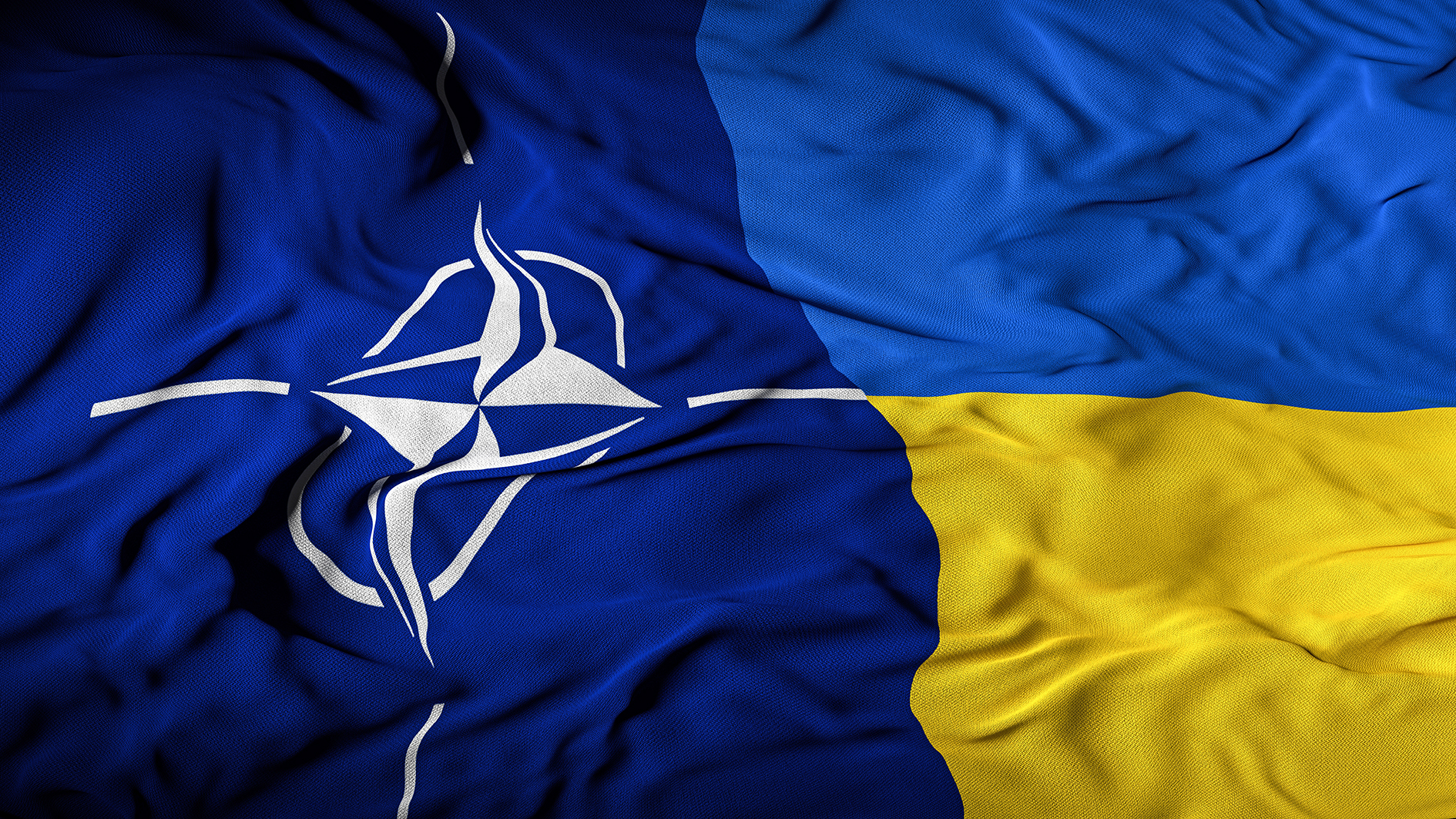Half a Million Ukrainian Refugees in Hungary

Cardinal Péter Erdő, Archbishop of Esztergom and Budapest (at right), hands over a microbus loaded with food to Gábor Écsy, national director of Katolikus Karitász (Catholic Charity, at left) in the courtyard of the Primate’s Palace in Buda on April 5. The Archdiocese of Esztergom-Budapest is supporting Hungarians in the Transcarpathia region of Ukraine through the donation.
Photo by Attila Kovács / MTI
Some 542,000 people fleeing the war in Ukraine had arrived in Hungary as of March 30, according to the prime minister’s chief advisor for internal security György Bakondi. He told TV news channel M1 that Hungary had delivered donations worth HUF 3 billion to Ukraine.
Meanwhile, aid for refugees in Hungary could be as high as several billion forints, based on information provided by the largest Hungarian aid organizations. Some 140 businesses had indicated their willingness to cooperate with the Red Cross, but many have also been offering support through volunteering.
To facilitate Hungary’s assistance for Ukrainian refugees, Prime Minister Viktor Orbán sent an open letter to European Commission President Ursula von der Leyen on March 18 requesting access to European Union funding that had been restricted. The Prime Minister’s press chief Bertalan Havasi told state news agency MTI in Brussels on March 25 that the EC had acceded to the request and that Hungary would receive EUR 300 million in support.
During the European Union and NATO summits in Brussels, Orbán told public media on March 26 that Hungary would help those in need because of the war in Ukraine but wants to “assert and defend its own national interests.”
Following a meeting of foreign ministers of NATO’s Eastern European members in Bratislava on March 31, Minister of Foreign Affairs and Trade Péter Szijjártó reiterated Hungary’s positions, insisting on its decision not to supply arms to Ukraine, not to allow arms transfers through its territory and to oppose sanctions on Russian oil and gas imports.
According to earlier estimates, the number of employees of Ukrainian nationality working in Hungary stood between 50,000 and 70,000. While the vast majority of them had been in Hungary for several years before the outbreak of the war, mainly in the fields of construction, electronics, manufacturing and hospitality, the settlement of hundreds of thousands of additional civilians that are arriving as a result of the Ukrainian-Russian conflict is now imposing a greater economic and social toll on Hungary.
In its quarterly Inflation Report, the National Bank of Hungary (MNB) said economic activity in the coming quarters would be “strongly influenced” by the war in Ukraine, despite the country’s “dynamic” economic growth early in the year.
“The repercussions of the war have their strongest restraining effect on economic growth directly through trade channels and disruptions in international production chains,” the MNB said. “Rising commodity prices and corporate costs, as well as the generally high level of uncertainty, also restrain growth,” the central bank added, dropping its forecast for 2022 GDP growth to 2.5-4.5% from 4-5%.
Stagnation
Hungarian construction industry association Évosz also projected that the sector would stagnate this year because of the impact of the war in Ukraine. Évosz said state orders are expected to fall by around HUF 500 billion, while household orders remain flat.
“Developers are in a worse mood than buyers,” Tamás Kricsfalussy, sales director at construction company Metrodom Group, told business daily Világgazdaság [Global Economy], characterizing the market sentiment. But while the construction sector had at least been energized recently, Hungary’s tourism sector, badly affected by two years of the coronavirus pandemic, is now contending with another global crisis threatening livelihoods due to rising energy prices and the shortage of Russian and Ukrainian tourists.
As this issue was going to print, NATO Foreign Ministers were meeting in Brussels (April 6-7). “Allies are stepping up their support for Ukraine’s right to defend itself, including with anti-tank weapons, air-defense systems, and other equipment, as well as increased humanitarian assistance and financial aid,” the nato.int website said ahead of the meeting. The ministers were to be joined by counterparts from Ukraine, the European Union, Finland, Georgia, and Sweden, and by NATO’s Asia-Pacific partners: Australia, Japan, New Zealand and the Republic of Korea. Further sanctions will be discussed, with oil and gas likely to come up again, although no EU embargo is expected at this time. Hungary’s position is clear: according to washingtonpost.com, it gets 74% of its crude oil from Russia. The Christian Scientist Monitor reports that Russia supplies 80% of Hungary’s gas. The country signed a 15-year deal with Gazprom last year; as a result, its gas is cheaper than in much of the rest of Europe. But Germany and Italy also have significant exposure to Russian fossil fuels. Analysts believe a ban on Russian coal might follow, although this is relatively insignificant for EU markets.
This article was first published in the Budapest Business Journal print issue of April 8, 2022.
SUPPORT THE BUDAPEST BUSINESS JOURNAL
Producing journalism that is worthy of the name is a costly business. For 27 years, the publishers, editors and reporters of the Budapest Business Journal have striven to bring you business news that works, information that you can trust, that is factual, accurate and presented without fear or favor.
Newspaper organizations across the globe have struggled to find a business model that allows them to continue to excel, without compromising their ability to perform. Most recently, some have experimented with the idea of involving their most important stakeholders, their readers.
We would like to offer that same opportunity to our readers. We would like to invite you to help us deliver the quality business journalism you require. Hit our Support the BBJ button and you can choose the how much and how often you send us your contributions.







